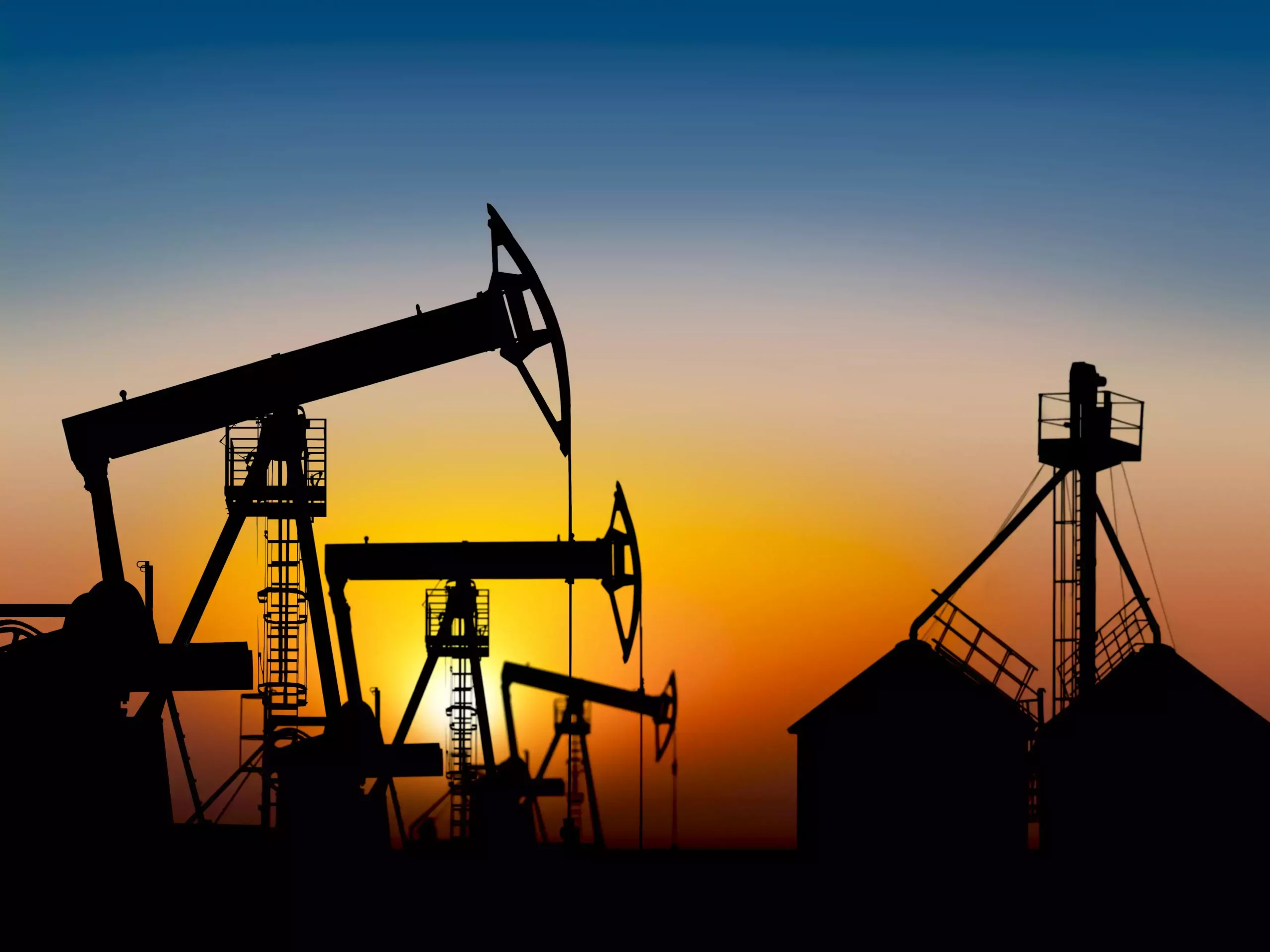
December 10, 2024

Oil, specifically crude oil, is one of the most important and widely used fossil fuels in the world. It is a liquid composed primarily of organic molecules, predominantly carbon and hydrogen atoms, and is commonly referred to as a hydrocarbon. Crude oil is responsible for about one-third of the world’s primary energy supply and plays a crucial role in various sectors including transportation, electricity generation, and industrial applications.
Oil was formed millions of years ago from the remains of ancient organic matter that was buried and transformed under heat and pressure into the liquid we extract and use today. This process, spanning millions of years, converted solar energy stored in ancient plants and animals into the energy stored in oil. Due to its critical role in the global energy system, oil is often called “petroleum,” and its derivatives are widely used across the globe in multiple industries.
History of Oil
Oil has been used throughout history, even before it became a major energy source for fuel. In ancient times, oil was used for waterproofing, medicinal purposes, and in various industrial applications. However, it wasn’t until August 27, 1859, that Edwin Drake successfully drilled the first productive oil well in Pennsylvania, sparking the modern oil industry. Initially, most of the extracted oil was refined into kerosene for lamps, but over time, oil’s uses expanded dramatically, particularly for fueling cars and generating electricity.
With the discovery of oil reserves and the development of drilling technologies, oil extraction has become a global industry. From being used in lamps to becoming the primary fuel for transportation, oil’s role in energy production has evolved, driving industrialization and economic growth across the world.
Oil Extraction
Oil extraction involves drilling wells into underground reservoirs where oil is stored in porous rock formations. Conventional oil is typically stored in reservoirs or traps, where it can be easily extracted. However, unconventional oil, such as shale oil, is tightly held in non-permeable rock formations, making it more difficult to extract. Hydraulic fracturing (fracking) is often used to release oil from these tight formations.
Once oil is extracted, it is refined through various processes such as distillation or cracking to produce a wide range of products, including fuels like gasoline and diesel, as well as chemical products used in manufacturing.
Uses of Oil
Oil is primarily used as a fuel for transportation, with gasoline and diesel being the most common derivatives. It is also used in heating, industrial processes, and in the production of plastics, fertilizers, and solvents. In addition to these, oil is crucial in electrical generation, where it is used in power plants to produce electricity.
One of the key advantages of oil as a fuel is its high energy density. When oil is burned, it releases a significant amount of energy in the form of heat, which can be used to power engines or generate electricity. This makes oil a highly efficient and versatile energy source.
Environmental Impacts
The environmental impacts of oil extraction, transportation, and consumption are significant. Burning oil products releases carbon dioxide (CO2) and other greenhouse gases that contribute to climate change. The extraction process, particularly in sensitive environments, can lead to land degradation, and oil spills can cause severe ecological damage to oceans and wetlands.
In addition to CO2 emissions, oil drilling and refining processes can release pollutants such as nitrogen oxides (NOx) and carbon monoxide (CO), which contribute to air pollution and smog. While oil remains a vital energy source, its environmental costs are becoming increasingly clear, and there is a growing global shift towards more sustainable and cleaner energy sources.
Oil remains an essential part of the global energy mix. Despite its significant environmental impact, oil is likely to remain a key fuel for transportation and industrial processes for years to come. However, as the world moves toward cleaner and more sustainable energy solutions, the future of oil is increasingly being called into question, and efforts to mitigate its environmental impact continue to grow.